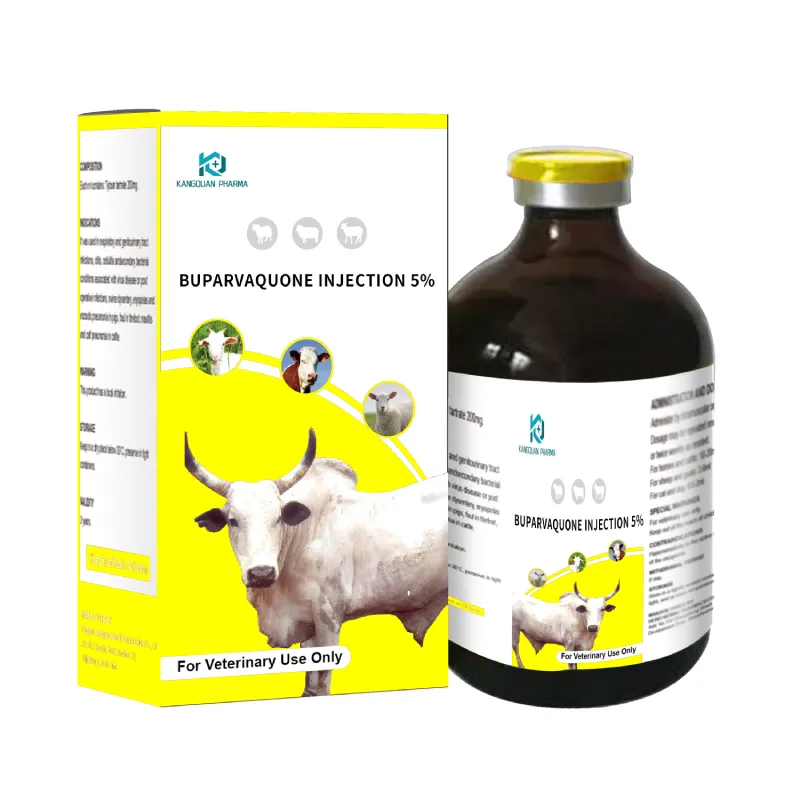- Afrikaans
- Albanian
- Amharic
- Arabic
- Armenian
- Azerbaijani
- Basque
- Belarusian
- Bengali
- Bosnian
- Bulgarian
- Catalan
- Cebuano
- Corsican
- Croatian
- Czech
- Danish
- Dutch
- English
- Esperanto
- Estonian
- Finnish
- French
- Frisian
- Galician
- Georgian
- German
- Greek
- Gujarati
- Haitian Creole
- hausa
- hawaiian
- Hebrew
- Hindi
- Miao
- Hungarian
- Icelandic
- igbo
- Indonesian
- irish
- Italian
- Japanese
- Javanese
- Kannada
- kazakh
- Khmer
- Rwandese
- Korean
- Kurdish
- Kyrgyz
- Lao
- Latin
- Latvian
- Lithuanian
- Luxembourgish
- Macedonian
- Malgashi
- Malay
- Malayalam
- Maltese
- Maori
- Marathi
- Mongolian
- Myanmar
- Nepali
- Norwegian
- Norwegian
- Occitan
- Pashto
- Persian
- Polish
- Portuguese
- Punjabi
- Romanian
- Russian
- Samoan
- Scottish Gaelic
- Serbian
- Sesotho
- Shona
- Sindhi
- Sinhala
- Slovak
- Slovenian
- Somali
- Spanish
- Sundanese
- Swahili
- Swedish
- Tagalog
- Tajik
- Tamil
- Tatar
- Telugu
- Thai
- Turkish
- Turkmen
- Ukrainian
- Urdu
- Uighur
- Uzbek
- Vietnamese
- Welsh
- Bantu
- Yiddish
- Yoruba
- Zulu
7 月 . 26, 2024 04:12 Back to list
Tylosin Tablets for Dogs A Comprehensive Guide to Uses Dosage Benefits and Potential Side Effects
Tylosin Tablets for Dogs An Overview
Tylosin is an antibiotic that is commonly used in veterinary medicine, particularly for treating bacterial infections in dogs. This medication belongs to a class of antibiotics known as macrolides and is effective against a wide range of gram-positive bacteria. Tylosin tablets for dogs can play a crucial role in treating various infections, but it is essential for pet owners to understand how to use them safely and effectively.
Indications for Use
Tylosin is primarily prescribed for treating bacterial infections that affect the respiratory system, skin, and soft tissues in dogs. It is particularly effective against infections caused by Mycoplasma, which can lead to respiratory diseases. Additionally, tylosin may be used to treat gastrointestinal infections, particularly those caused by certain bacteria that disrupt the normal gut flora.
Veterinarians may also prescribe tylosin in cases of chronic diarrhea, particularly when other treatments have failed. The medication can help restore normal intestinal function and reduce the severity of symptoms. It is important to follow the veterinarian’s recommendations on the dosage and duration of treatment.
Dosage and Administration
Tylosin tablets are typically administered orally, and the dosage depends on the dog’s weight and the severity of the infection. It is crucial to adhere strictly to the veterinarian’s prescribed dosage to avoid potential side effects or diminishing the effectiveness of the treatment.
Tylosin can be given with or without food, but if gastrointestinal upset occurs, administering the medication with food may help ease any discomfort. The treatment course usually lasts from a few days to several weeks, depending on the type and severity of the infection. Pet owners should complete the entire course of antibiotics as prescribed, even if the dog appears to be feeling better before the medication is finished.
tylosin tablets for dogs

Side Effects
While tylosin is generally well-tolerated by dogs, some side effects can occur. The most common side effects include gastrointestinal issues such as nausea, vomiting, diarrhea, or loss of appetite. If any of these side effects persist or worsen, it is essential to contact the veterinarian for guidance.
In rare cases, dogs may experience allergic reactions or more severe side effects. Symptoms of an allergic reaction can include swelling, hives, or difficulty breathing. If any of these symptoms occur, seek immediate veterinary attention.
Precautions
Before starting tylosin treatment, pet owners should inform their veterinarian about any underlying health conditions their dog may have, including liver or kidney disease, as these conditions can affect the metabolism of the drug. Additionally, it is essential to provide the veterinarian with information about any other medications or supplements the dog is currently taking to prevent potential drug interactions.
Tylosin should not be used in pregnant or nursing dogs unless specifically prescribed by a veterinarian. The safety of the medication in these cases has not been well established, and caution is warranted.
Conclusion
Tylosin tablets can be an effective treatment option for various bacterial infections in dogs when used appropriately. It is essential for pet owners to follow the veterinarian’s guidance closely regarding dosage, duration, and monitoring for side effects. By understanding the role of tylosin in veterinary medicine, dog owners can help ensure their pets receive the best possible care while on this antibiotic treatment. Always consult a veterinarian before starting any new medication regimen for your pet to ensure their health and safety.
-
The Power of Radix Isatidis Extract for Your Health and Wellness
NewsOct.29,2024
-
Neomycin Sulfate Soluble Powder: A Versatile Solution for Pet Health
NewsOct.29,2024
-
Lincomycin Hydrochloride Soluble Powder – The Essential Solution
NewsOct.29,2024
-
Garamycin Gentamicin Sulfate for Effective Infection Control
NewsOct.29,2024
-
Doxycycline Hyclate Soluble Powder: Your Antibiotic Needs
NewsOct.29,2024
-
Tilmicosin Premix: The Ultimate Solution for Poultry Health
NewsOct.29,2024













